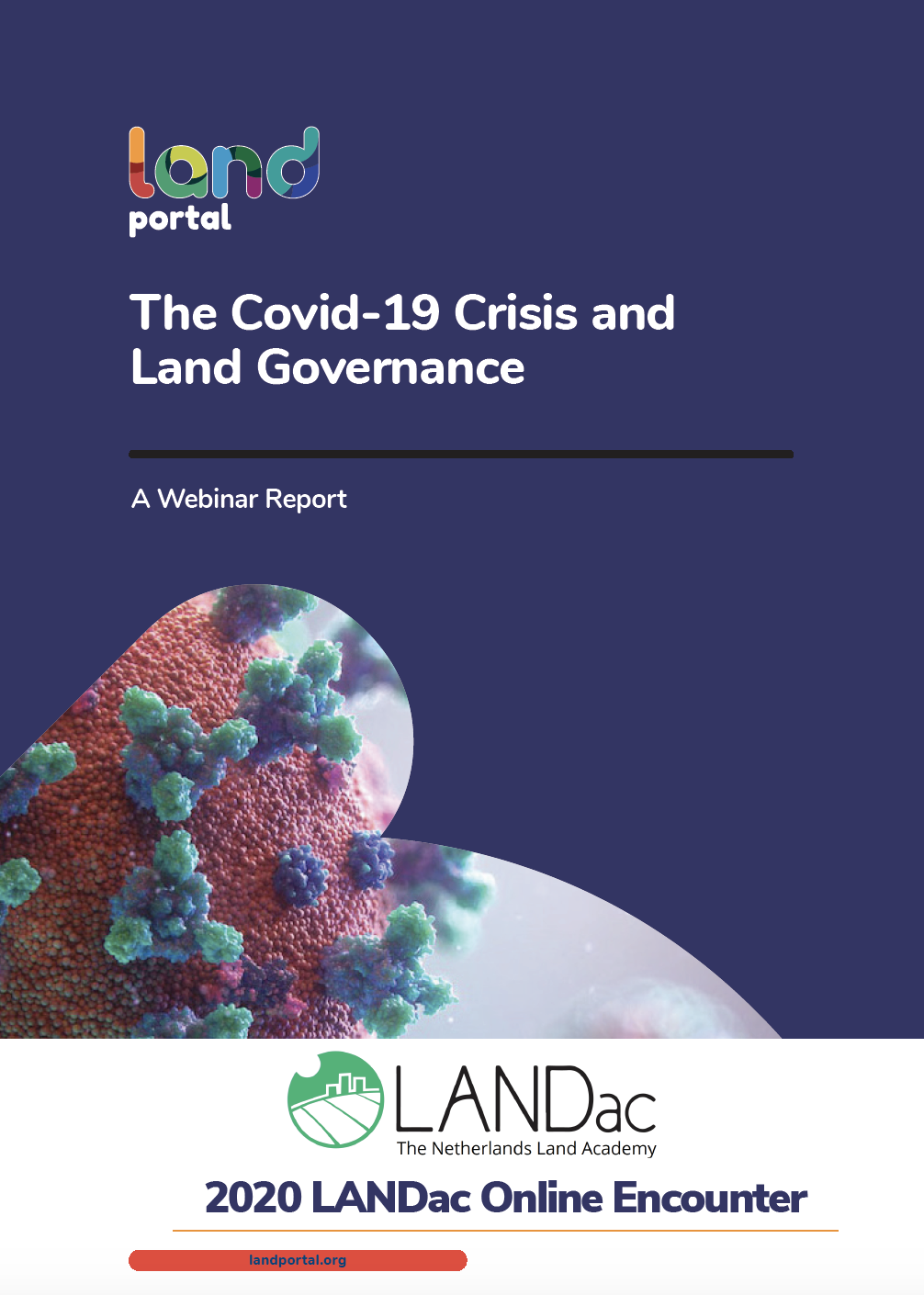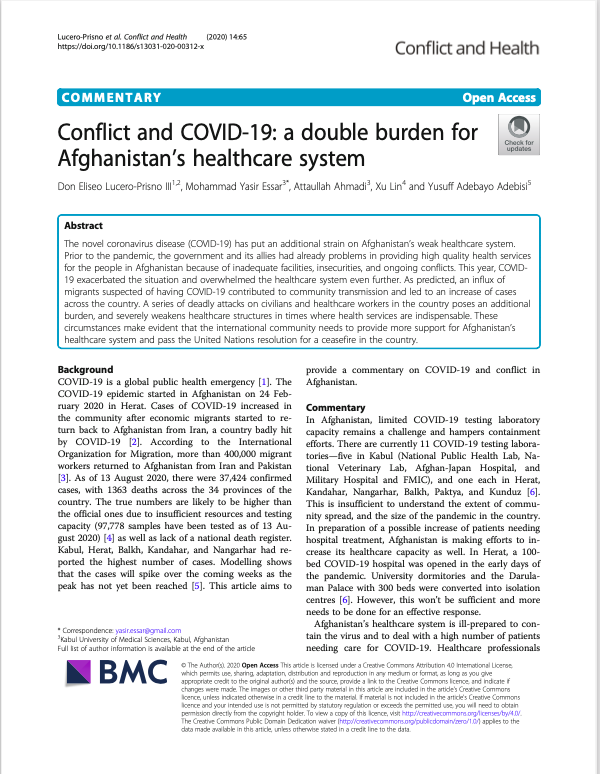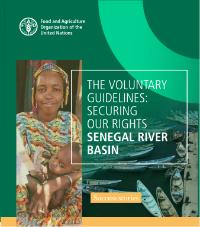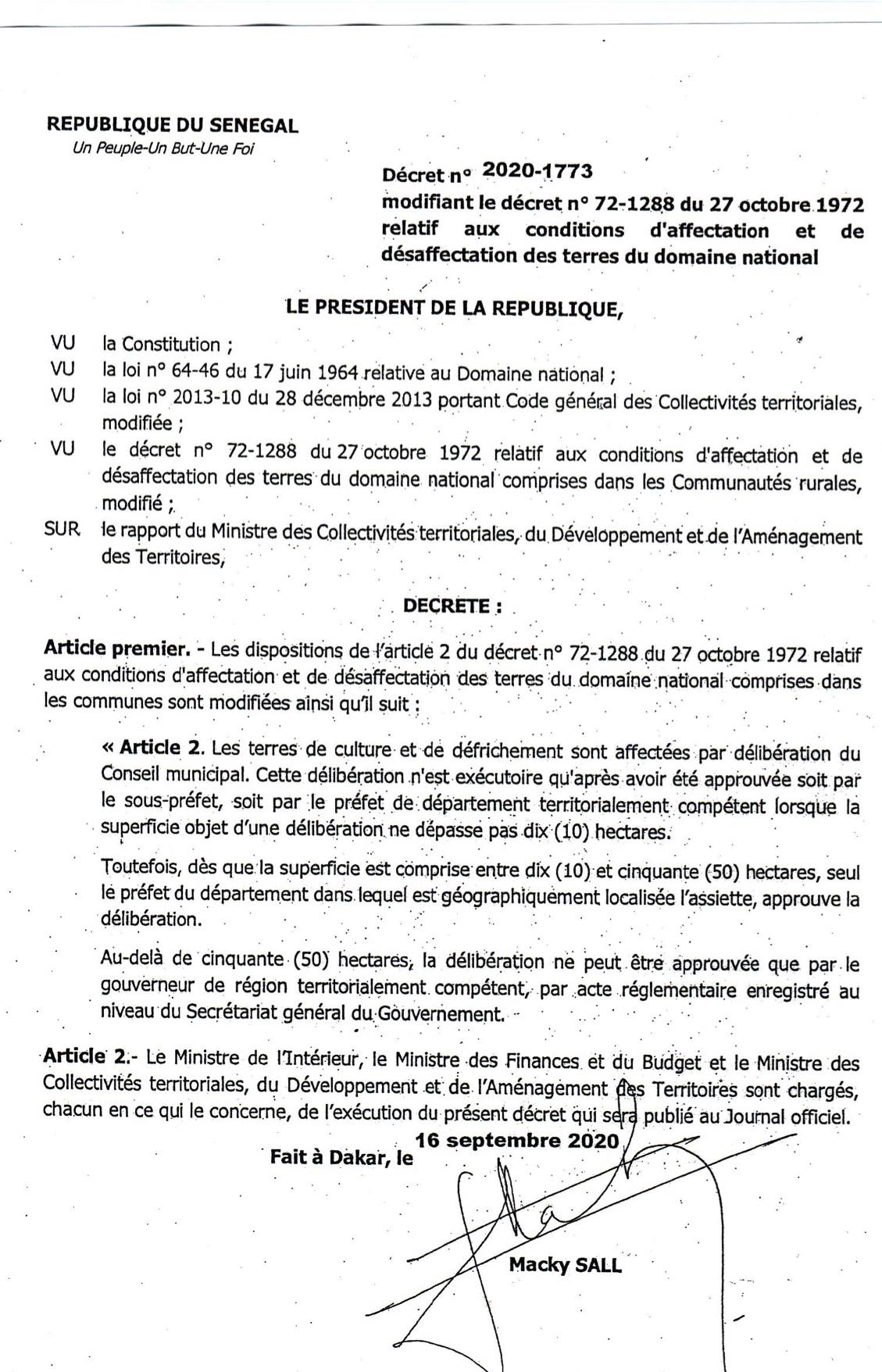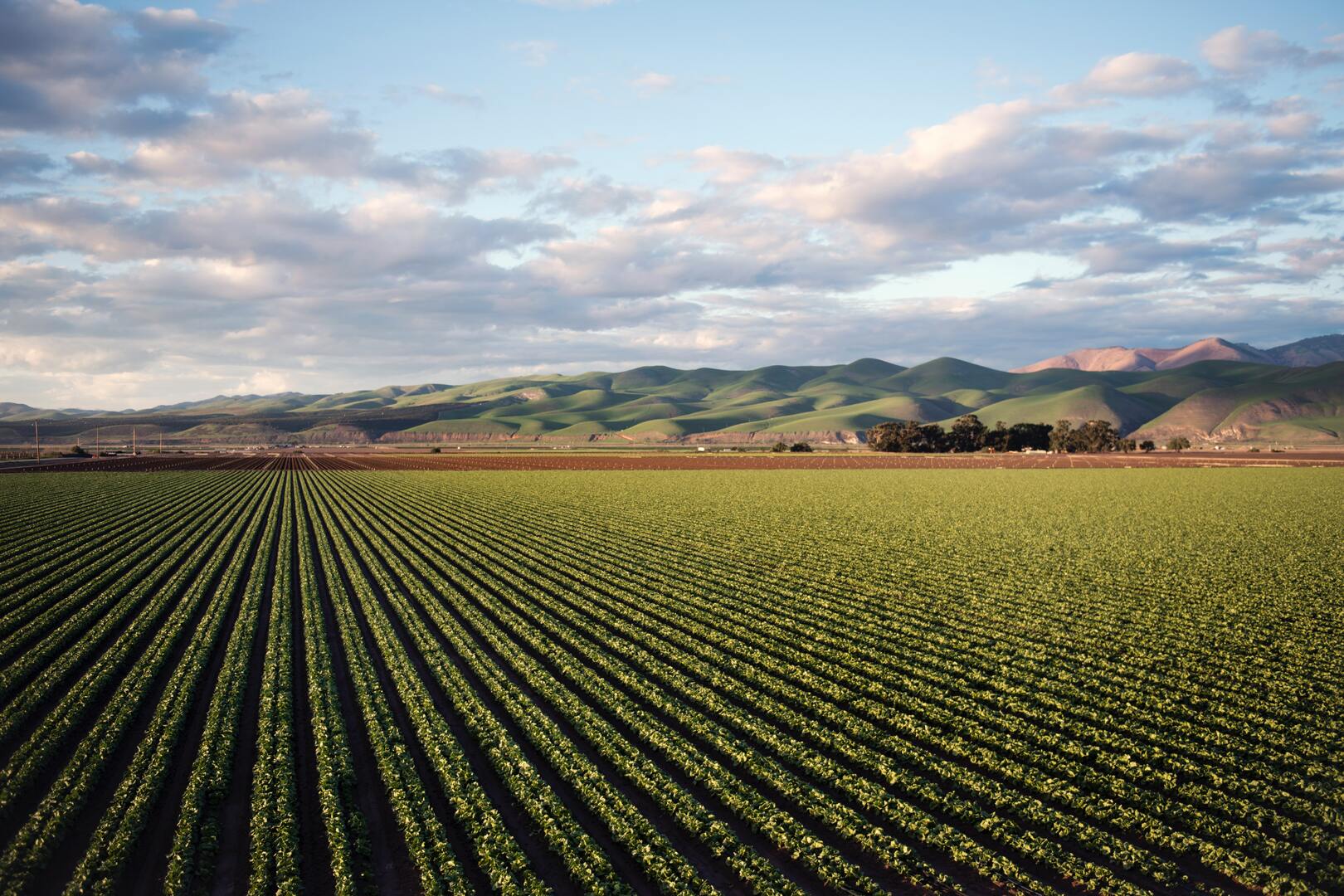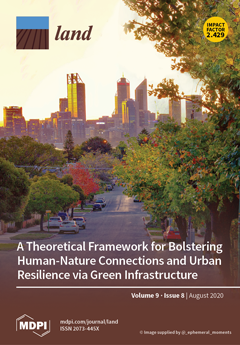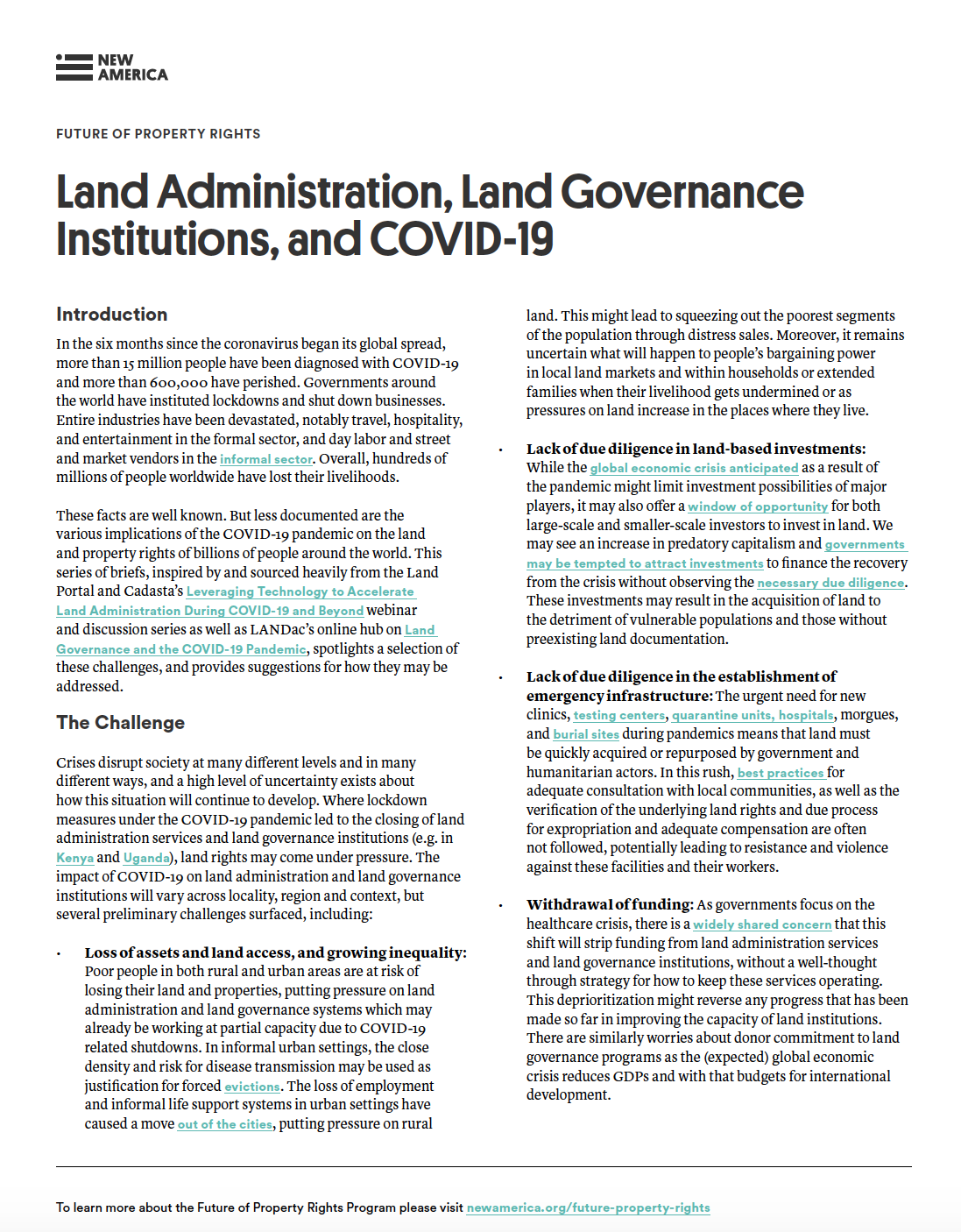The Covid-19 Crisis and Land Governance
This webinar took stock of the emerging insights on the impacts of the COVID-19 pandemic on land rights and discussed concerns about the expected mid-to-long term impacts on equitable and sustainable land governance.
The discussion built upon previous efforts of the broader land governance community, including the Quick-scan Survey on the COVID-19 crisis by LANDac and the LANDdialogue, insights from the LANDac Professional Learning Programme and the webinar and discussion series ‘Land Rights Implications of COVID-19’ by the Land Portal Foundation and its partners.

